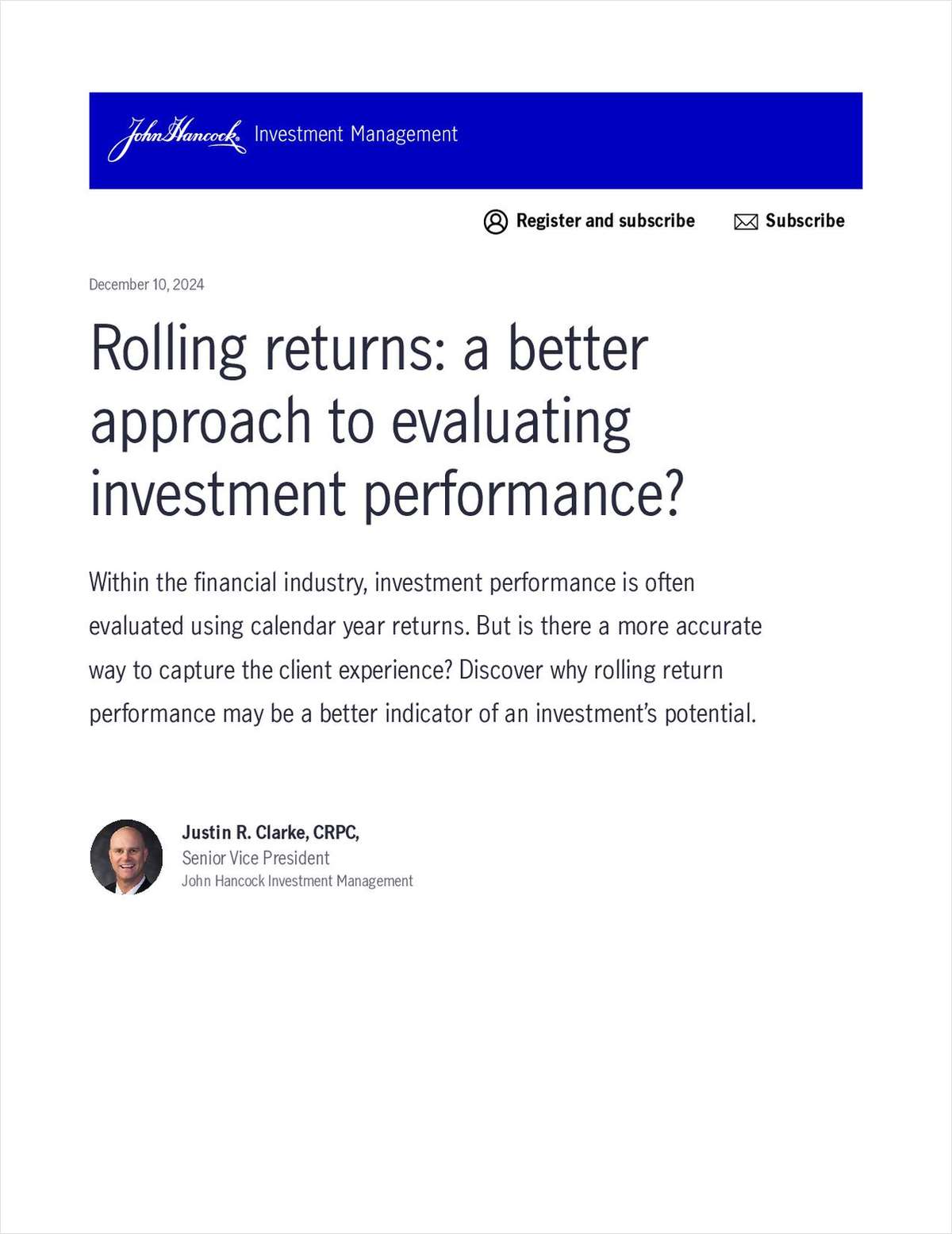
NOT FOR REPRINT
Obama Unveils White Paper
June 17, 2009 at 08:00 PM
Share & Print
NOT FOR REPRINT
© 2025 ALM Global, LLC, All Rights Reserved. Request academic re-use from www.copyright.com. All other uses, submit a request to [email protected]. For more information visit Asset & Logo Licensing.







